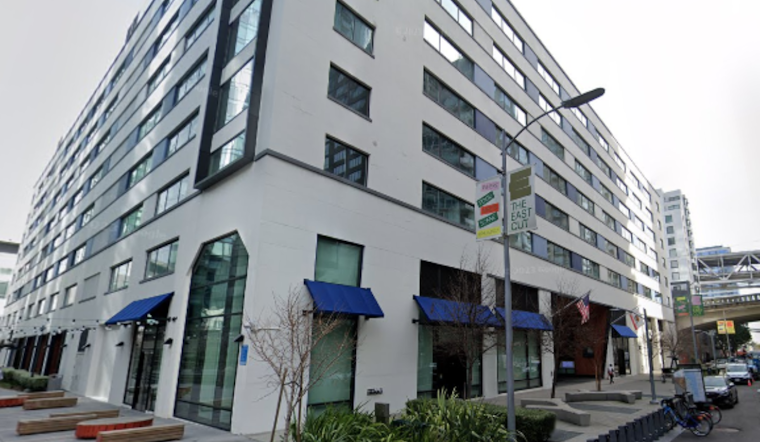Marin County Supervisors have unanimously voted to support a plan to alter the use of the Richmond-San Rafael bridge bike lane during the weekday commute. The proposed experiment aims to convert the current bike lane into an emergency vehicle lane Monday through Thursday during morning hours. The supervisors’ vote, as reported by
The Mercury News
, endorses a pilot study to evaluate the impacts this could potentially have on easing traffic congestion.
This controversial proposal has been pushed forward to contend with traffic incidents that have reportedly increased by 33% since the inception of the multi-use path. The San Francisco Bay Conservation and Development Commission, the BCDC, has yet to approve the change and will address the issue in a forthcoming meeting. If greenlit by the BCDC, the plan is set to be implemented early next year. It is expected to run for approximately 12 months before re-evaluating,
The Mercury News
reports.
Initially designed for multiuse, the westbound bike lane was converted as part of a four-year pilot project initiated in 2019. The debate over the use of this bike lane has organizations like the Marin County Bicycle Coalition and the San Francisco chapter of the Sierra Club in opposition, echoing concerns for the potential decrease in safe pedestrian and cyclist pathways. Warren Wells, policy director for the Marin County Bicycle Coalition, brought attention to the broader issues of housing policies in Marin, stating that the “long commutes faced by residents of the East Bay employed in Marin, among which I number, is the result of decades of exclusionary housing policy by the cities and towns in Marin and has nothing to do with the multiuse path on the bridge,” in an interview with
The Mercury News
.
In a letter to the BCDC, Marin County Board of Supervisors President Dennis Rodoni expressed the Board’s support for the modified pilot plan. According to the letter published on the
Marin County website
, Rodoni emphasizes the economic and personal strain placed on workers and underscores the environmental degradation due to increased fuel consumption from traffic delays. The Board recognizes the shift as a potentially significant, albeit short-term, solution for those commuting from Contra Costa County to Marin daily and also mentioned efforts to improve local transportation infrastructure and housing affordability as long-term goals.
Note: Thank you for visiting our website! We strive to keep you informed with the latest updates based on expected timelines, although please note that we are not affiliated with any official bodies. Our team is committed to ensuring accuracy and transparency in our reporting, verifying all information before publication. We aim to bring you reliable news, and if you have any questions or concerns about our content, feel free to reach out to us via email. We appreciate your trust and support!



Leave a Reply